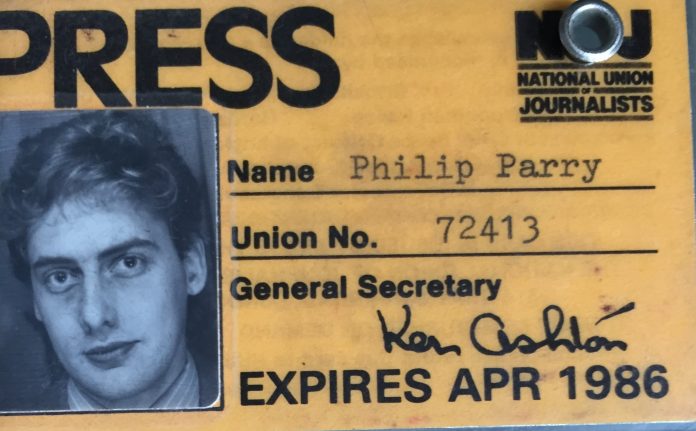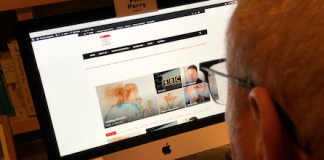- X marks the spot again - 17th February 2026
- Wordy again part three - 16th February 2026
- ‘Lies, damned lies etc…’ - 13th February 2026
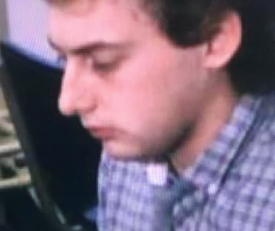
On The Eye our Editor Phil Parry has described how he was helped to break into the South Wales Echo office car when he was a cub reporter, recalled his early career as a journalist, the importance of experience in the job, making clear that ‘calls’ to emergency services and court cases are central to any media operation, as well as the vital role of the accurate quotation.
He has also explored how poorly paid most journalism is when trainee reporters had to live in squalid flats, the importance of expenses, and about some of those he has interviewed as well as one of his most important stories on the now-defunct 53 year-old BBC Wales TV Current Affairs series, Week In Week Out (WIWO), which won an award even after it was axed, long after his career really took off.

Last week Mr Parry explained the importance of actually speaking to people and here talks about why you should never totally rely on journalists because mistakes are sometimes made!
You have an idea that journalists must always present the truth in broadcasting, online or newspapers.

But journalists are only human and mistakes are made – I know because I’ve done them!
The number of times I have got people’s names mixed up live on air are legion.
I once called a leading centrist Welsh Labour MP by the name of another left-wing politician, because they shared the same forename.
“Don’t get me mixed up with him, whatever you do!” said the interviewee live on the radio.
As anyone who knows me will testify, I have always been terrible with names and I think I am getting worse!

One incident I remember clearly happened when the microphones were ‘live’ during a radio programme and I had to introduce the sports presenter whose name I had forgotten.
Because we were ‘on air’ and everything was being transmitted I couldn’t ask him, so I was reduced to scrawling my question on a piece of paper.
I held up my home made sign: “WHO ARE YOU?!”.

In radio you have to ‘back link’ an interview by saying the person’s name – “xxx thank you very much” etc.
On occasions I have realised I have forgotten the person’s name DURING an interview, and because we were live on air, I couldn’t ask the producer through talk back, so I have had to say simply: “Thank you very much”.

At the end of one particular radio programme I used to give the latest share prices for the FTSE 100, from a piece of paper that was thrust in front of me by the researcher.
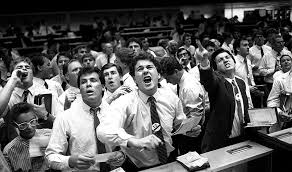
On this occasion no piece of paper with the share prices was given to me (this was not my mistake, it was the researcher’s) but I did not know until I reached the end of the standard sentence: “And the latest FTSE 100 share price is…”
‘WHERE IS IT!’ I thought frantically.
Luckily I follow the share prices quite closely and when I realised I had nothing to go to I just remembered the slight downward trajectory from earlier in the morning so I said: “…down a little” and hoped it was right!
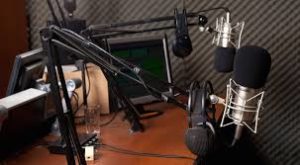
A major issue for any presenter on radio or television is having a link on your screen for the item coming up, so that you know how to fill the next few minutes.
I once heard a BBC radio presenter sigh and say live on air: “Where do we go to now?” which is a cardinal sin.
This same presenter was interviewing somebody live in the studio but was under the mistaken impression it was ‘down the line’ with the interviewee far away in another studio altogether, so he had his head in his hands and was picking his nose during the interview!
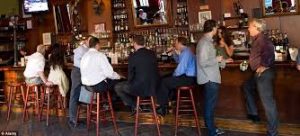
In some ways it is worse in newspapers, because the error looks so permanent, and the wrongly-named person can become angrier and angrier as he or she keeps returning to the article in the paper before finally ringing up to complain.
I remember when I was a trainee reporter on the South Wales Echo during one deluge I was tasked with telephoning remote pubs to see how they were coping.
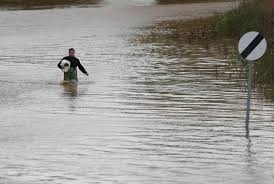
The landlord (as I thought) of one particular pub in South Wales gave me an excellent interview about how they were still open serving customers, and some had even come in wading through the water to get there.
Unfortunately the phone was in the bar of the pub and I had got hold of a regular who was obviously half cut and made it all up.
The real landlord rang up to complain saying he had never heard of this person in the paper and it certainly wasn’t him!
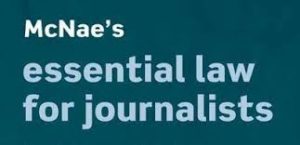
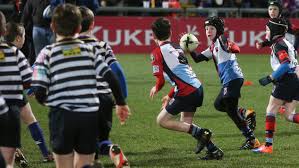
Quite apart from knowing your law, as a trainee reporter you had to cover a lot of dross – including ‘mini rugby’ results.
Mini rugby was intended to introduce the sport to children and had eight to 10 people a side.
On one occasion when I was covering a particularly tedious game, angry parents supporting the losing side at the final whistle surrounded the referee to remonstrate with him.
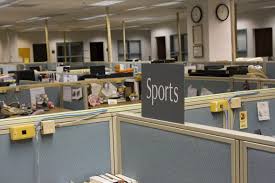
This was, of course, a major story but I completely missed it (I was only 22) and delivered a pure, rather boring, analysis of the game to the sports desk, with the ‘pitch invasion’ at the bottom.
What then happened, I think, was that the Sports Editor produced my flawed copy in the morning conference and embarrassed my News Editor Stuart ‘Minto’ Minton, in front of the Editor, because I got a terrific bollocking from him when he came back from conference.
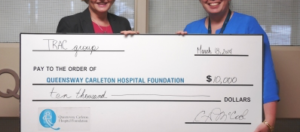
He used the immortal words: “Never do that to me again”, and from that moment on his attitude changed towards me permanently.
I went from hero to zero immediately, and I was given all the worst stories like cheque presentations from then on.
Stuart was quite right of course – I had completely missed the story, but then I was only a youngster.
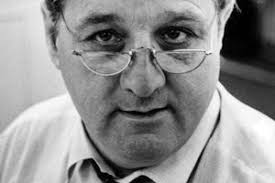
Covering court was a far more important story, and you must be absolutely sure of your accuracy.
But when you are reporting cases in a number of courts you have to rely on regular people who are stationed there.
On one occasion, again on the Echo, I was actually misled by a thoroughly mendacious individual about the name of the accused person, which duly appeared, wrongly, in the newspaper, and his lawyer rang up Stuart to complain.
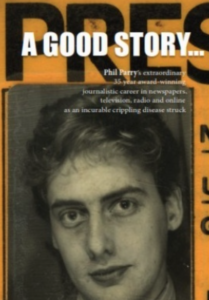
We hear so much today about ‘Fake News’ which is actively making something up so it represents something that did not actually happen.
This is utterly wrong and I cannot defend it, even if there is such a thing as ‘Fake News’.
But genuine mistakes are a completely different kettle of fish, and they do, unfortunately, sometimes happen.
As I know only too well!
Tomorrow – the disturbing background revealed by The Eye to a new right wing Welsh nationalist party which held its manifesto ‘conference’ at the weekend.
Phil Parry’s memories of his extraordinary 35-year award-winning career in journalism as he was gripped by the incurable disabling condition Hereditary Spastic Paraplegia (HSP), have been released in a major new book ‘A GOOD STORY’. Order the book now!
Check your knowledge of important events as revealed on The Eye, with our brilliant interactive quiz: [viralQuiz id=1]








